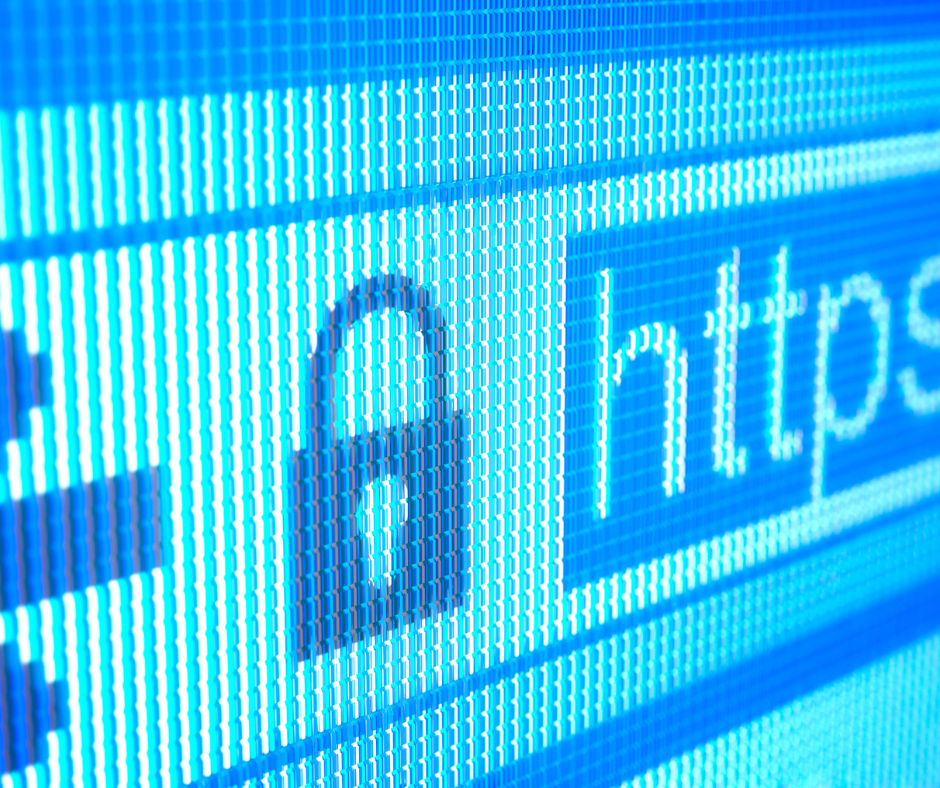Imagine you’ve just built the perfect website. It’s sleek, beautifully designed, and fast. Your visitors are rolling in, conversions are moving upward, and you’re feeling like your investment and your digital marketing strategy is finally paying off.
But then something happens.

Out of nowhere, you notice something odd—a suspicious email, a strange message in your inbox, or worse yet, a dip in traffic. Suddenly, you’re hit with the realization that your site might have been breached, and you aren’t quite sure how.
You’re not alone. As more businesses go digital, the stakes are higher than ever when it comes to security and privacy. These aren’t just “nice to haves”—they’re critical. Digital security is so important as hackers and nefarious entities get smarter and move quicker – you simply cannot be unprepared anymore. Security and privacy matter more than ever.

Why Security and Privacy Matter
In today’s digital age, people are becoming increasingly concerned about where their data goes and how safe it is – and rightfully so. They expect the websites they visit, and especially those they purchase from, to be secure. It’s unfortunately a fact of life that data breeches happen, and happen often. But businesses need to make sure they’re trying to mitigate site hacking and data breeches every time a consumer provides personal information.
As a business owner or website manager, it’s not just about providing excellent service anymore—it’s about ensuring that your visitors’ personal information, like emails, credit card numbers, and browsing habits, is safe. And, believe it or not, search engines care too.
Google, for instance, is now flagging websites that aren’t secure. Ever noticed the “Not Secure” warning next to a website’s URL? That’s a huge red flag for users, and it screams, “Stay away!” If your website lacks security protocols, not only are you putting your visitors at risk, but you’re also losing out on valuable traffic and potentially harming your SEO.
But the importance of privacy doesn’t stop there. In the last few years, regulations like the GDPR (General Data Protection Regulation) and CCPA (California Consumer Privacy Act) have made it clear that businesses must take data privacy seriously. Ignoring this can lead to hefty fines and damaged reputations.

Best Practices to Protect Your Website
Now that you understand why security and privacy are so crucial, let’s dive into the actionable steps you can take to protect your website.
1. SSL Certificates: The Backbone of Website Security
Imagine walking into a store where the doors are wide open, with no locks or alarms in sight. Would you feel safe leaving your credit card information there? Of course not. The same logic applies to websites without SSL certificates.
An SSL certificate encrypts the data transmitted between your website and your visitors, ensuring that personal information stays private. Without it, sensitive data like credit card numbers and passwords are vulnerable to hackers. It’s no wonder that Google actively penalizes sites without SSL by flagging them as insecure and ranking them lower in search results.
How can you remedy this on your site?
Install an SSL certificate on your website if you don’t have one yet. Most hosting providers offer them, and once installed, your website’s URL will change from http:// to https://—the “s” standing for secure.
2. Privacy Compliance: More Than Just Cookie Banners
Have you ever visited a website and immediately been greeted with a pop-up asking you to accept cookies? That’s not just a trend—it’s the law. Regulations like the GDPR in Europe and the CCPA in California require websites to clearly inform visitors about how their data is collected, stored, and used.
But cookie consent forms are just the beginning. You also need to provide easy ways for users to opt out, delete their data, or request a copy of the information you’ve collected. Failing to do so can result in major fines and a loss of trust among your users.
How can you remedy this on your site?
Make sure your website is GDPR and CCPA compliant by implementing cookie consent forms and privacy policy pages. This will not only protect your business legally but also build trust with your users.
3. Regular Security Protocols: Keep the Hackers at Bay
Here’s the thing about hackers: they’re not interested in waiting around. If your website is outdated and running on old software or outdated security protocols, they’ll find a way in. Whether it’s through weak firewalls, unpatched software, or even outdated plugins, your site is at risk if you’re not regularly maintaining it.
Think of your website’s security like the locks on your house. If you don’t check them regularly and upgrade them when necessary, it’s only a matter of time before someone takes advantage.
How can you remedy this on your site?
Schedule regular security audits for your website. This includes updating your CMS (like WordPress), ensuring your firewall is active, and applying security patches to plugins and software. Additionally, consider using tools like security scanners to identify vulnerabilities.

The Real Cost of Ignoring Security
Take Action Today
If you haven’t audited your website’s security and privacy protocols in a while, now is the time. Implementing these steps will not only protect your customers but also ensure your business remains trusted and competitive in today’s online landscape.
Remember, your website is your digital storefront and the face of your business in the digital landscape. Make sure it’s safe and secure.
